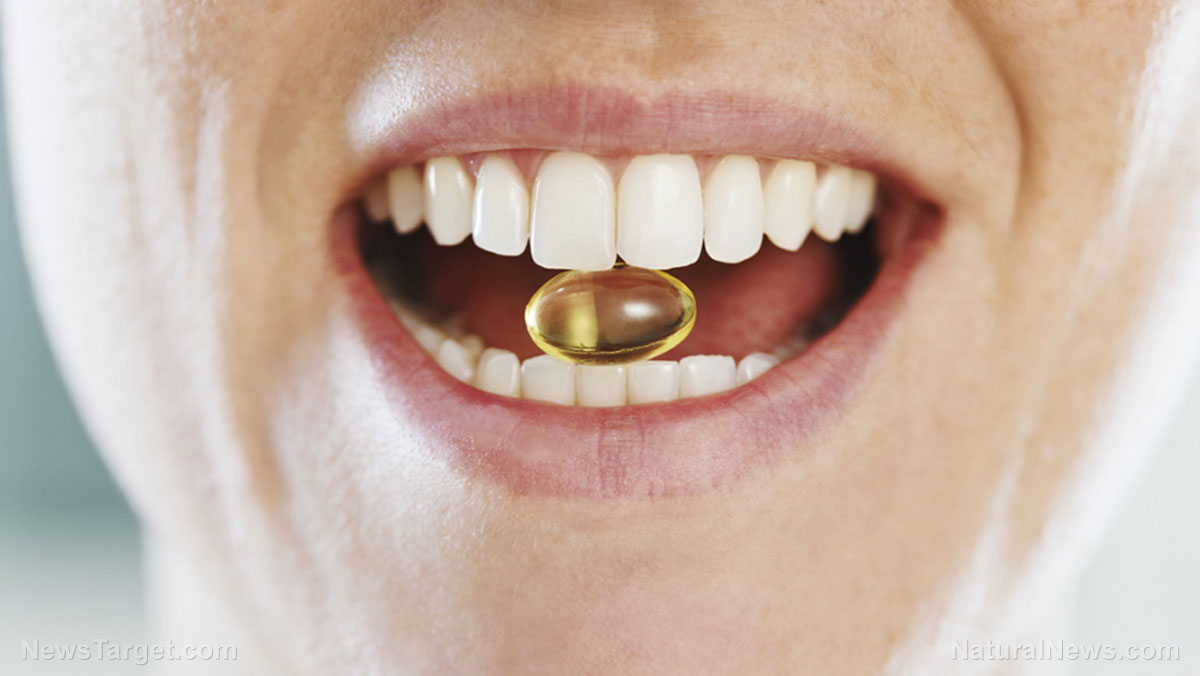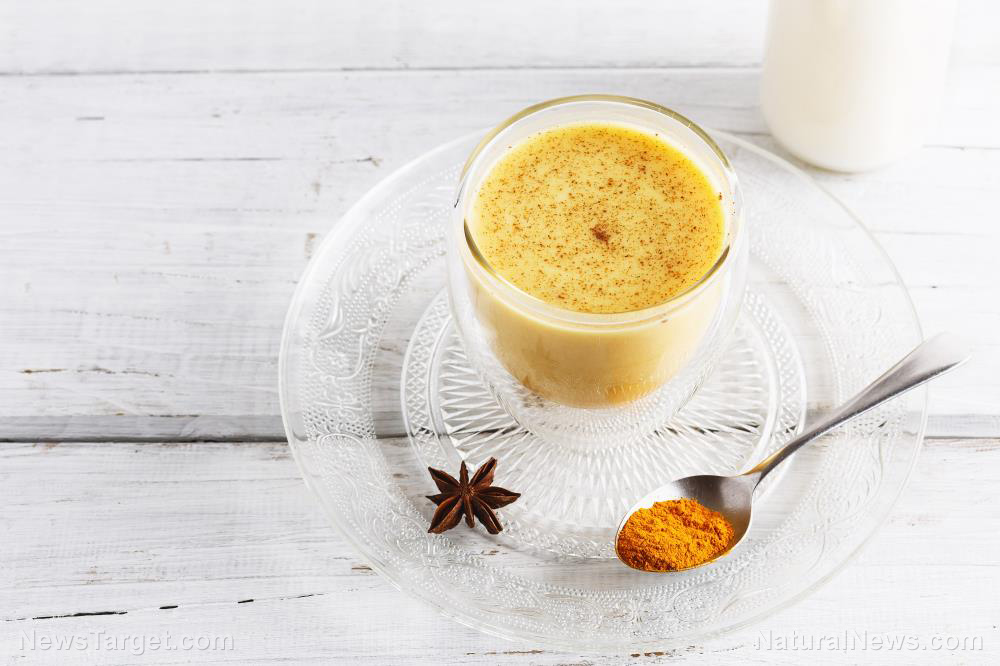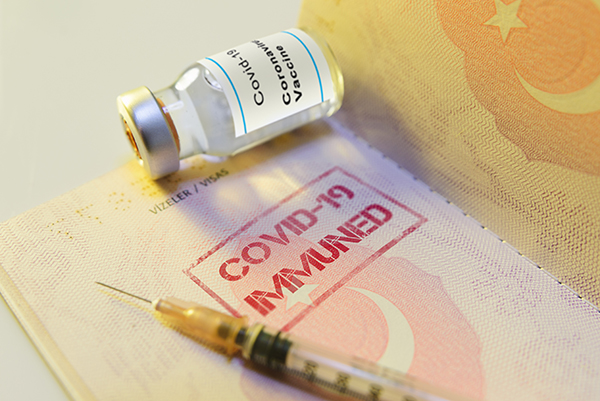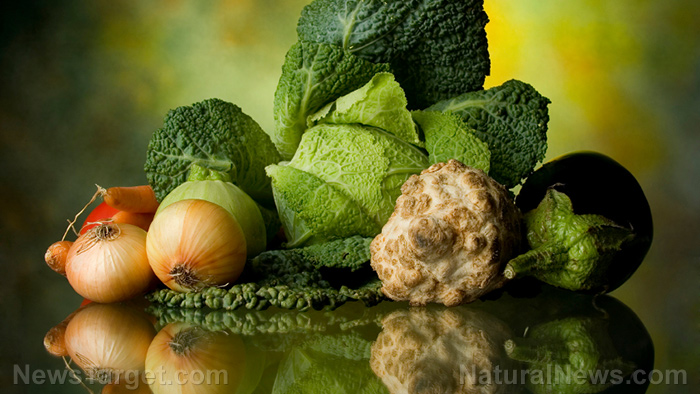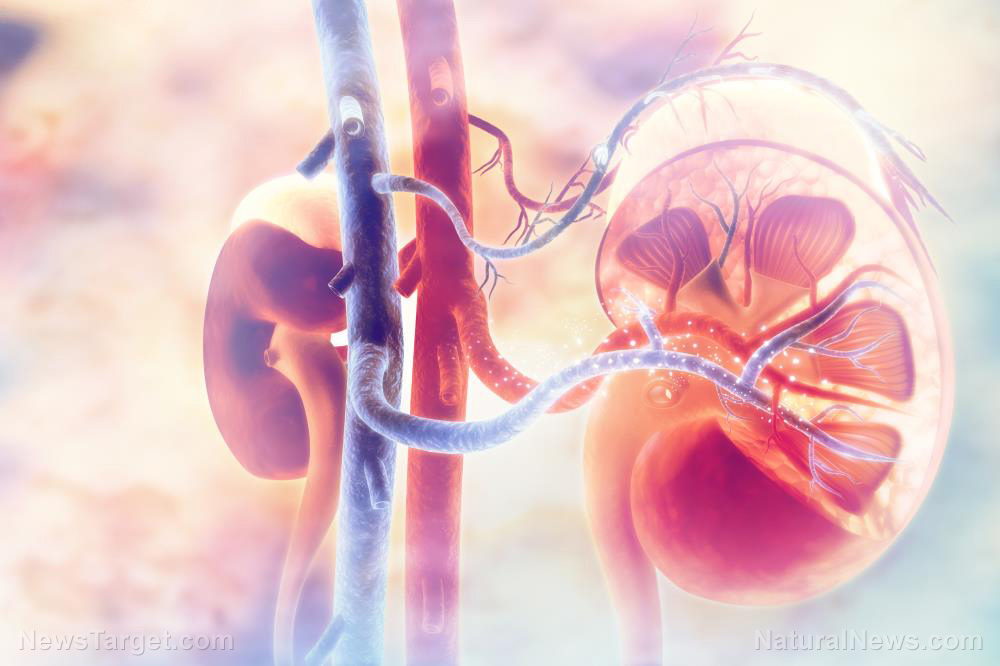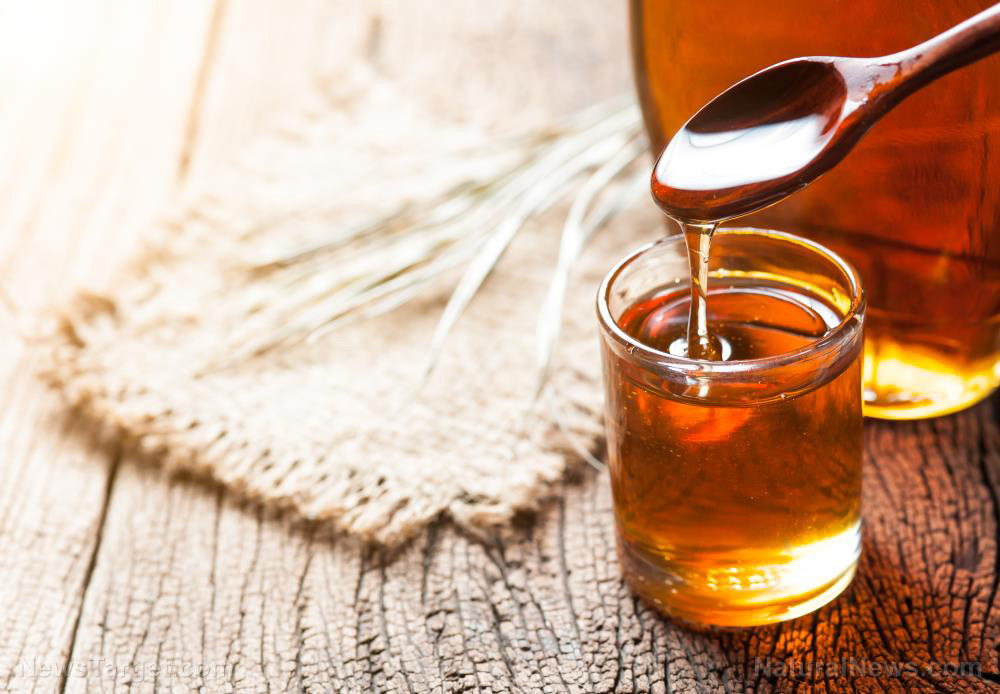Working out? Add ginseng and rhodiola to your diet to boost muscle health
03/16/2021 / By Evangelyn Rodriguez

Rhodiola rosea, also known as arctic root, golden root or simply rhodiola, is a flowering plant that grows in the cold, mountainous regions of Europe and Asia. A popular adaptogenic herb, it is used to strengthen the body’s response to stress and treat anxiety, depression and fatigue.
Panax ginseng, or Asian ginseng, is one of the most widely known and studied herbs used in Traditional Chinese Medicine (TCM). Reports suggest it has anti-inflammatory, antioxidant and anti-cancer properties. Asian ginseng can also improve immune function as well as help treat conditions associated with diabetes.
In a recent study, researchers at the University of Marilia in Brazil reported another benefit of offered by rhodiola and Asian ginseng. Using rats with physically induced stress, they evaluated the effects of rhodiola and Asian ginseng on biomarkers of muscle damage.
The researchers reported their findings in an article published in the Journal of Medicinal Food.
Rhodiola and Asian ginseng can enhance physical performance
Adaptogens are plants or herbs that help the body adapt to or counteract stress caused by physical, chemical and biological stressors. The use of these natural medicines dates back thousands of years and can be linked to traditional systems of medicines, such as TCM and Ayurveda.
Besides traditional medicine, adaptogen-based formulations have also been used in clinical practice to increase the resistance of individuals. Thanks to modern research, scientists have identified several herbs with adaptogenic properties. Asian ginseng and rhodiola are two of the most popular adaptogens used today. According to studies, these two are capable of restoring homeostasis and strengthening systems impaired by stress.
To further explore these beneficial effects, the researchers first made rats swim to induce stress. They then divided the rats into six groups: G1, or the control group; G2, or the untreated swimming group; G3, or the ginseng-treated group; G4, or the ginseng-treated swimming group; P5, or the rhodiola-treated group; and P6, or the rhodiola-treated swimming group.
At the end of the experiment, the researchers reported that G2, G4, and G6 practiced swimming five times longer than they did 30 days prior to treatment. Treatment with either rhodiola or Asian ginseng did not cause significant changes in anthropometric (height and weight) and biochemical parameters. On the other hand, Asian ginseng– and rhodiola-treated rats experienced reductions in creatine phosphokinase (CPK) and lactic dehydrogenase (LDH) levels — two biomarkers of muscle damage.
CPK is an enzyme found only in the muscles. The presence of high levels of CPK in the blood is indicative of muscle degeneration, since during this process, muscle cells break open, causing their content to leak into the bloodstream. Injured muscles also release more LDH into the blood.
Based on these findings, the researchers concluded that rhodiola and Asian ginseng can minimize stress caused by exercise and improve physical performance. (Related: Rhodiola found to be an effective herbal medicine for treating fatigue and weakness.)
Herbs that help with muscle soreness after workout
Intense workouts often cause delayed onset muscle soreness (DOMS) — muscle pain that occurs a day or two after a workout. DOMS is due to inflammation triggered by microscopic tears in your muscle fibers that result from high-intensity exercises. Fortunately, there are medicinal herbs you can rely on to prevent or treat DOMS. These include:
- Saffron — According to studies, crocin and crocetin in saffron have antioxidant, anti-inflammatory and antinociceptive properties that help reduce DOMS symptoms.
- Turmeric — Curcumin, the active component of turmeric, is a powerful anti-inflammatory agent that can reduce inflammation and attenuate the cause of DOMS.
- Ginger — Thanks to its analgesic and anti-inflammatory properties, ginger is said to be effective against muscle soreness.
- Cinnamon — Studies show that consuming cinnamon before exercising helps prevent DOMS. The combination of ginger and cinnamon is also great for reducing muscle soreness.
- Chamomile — A potent muscle relaxant, chamomile is believed to be helpful in reducing muscle soreness.
- Garlic — Research has found that the active component of garlic, allicin, can decrease the inflammatory response and muscle damage caused by intense physical activity.
Powerful herbs like rhodiola and Asian ginseng are a gift from Mother Nature. Thanks to their beneficial properties, they can help the body cope with stress and support healthy muscle recovery. But these medicinal plants are capable of many other things; to learn more about what they can do for you, visit Herbs.news.
Sources include:
Tagged Under: adaptogens, alternative medicine, Asian ginseng, exercise, fitness, herbal medicine, Herbs, natural cures, natural medicine, physical performance, remedies, research, rhodiola, stress relief
RECENT NEWS & ARTICLES
COPYRIGHT © 2017 REMEDIES NEWS



